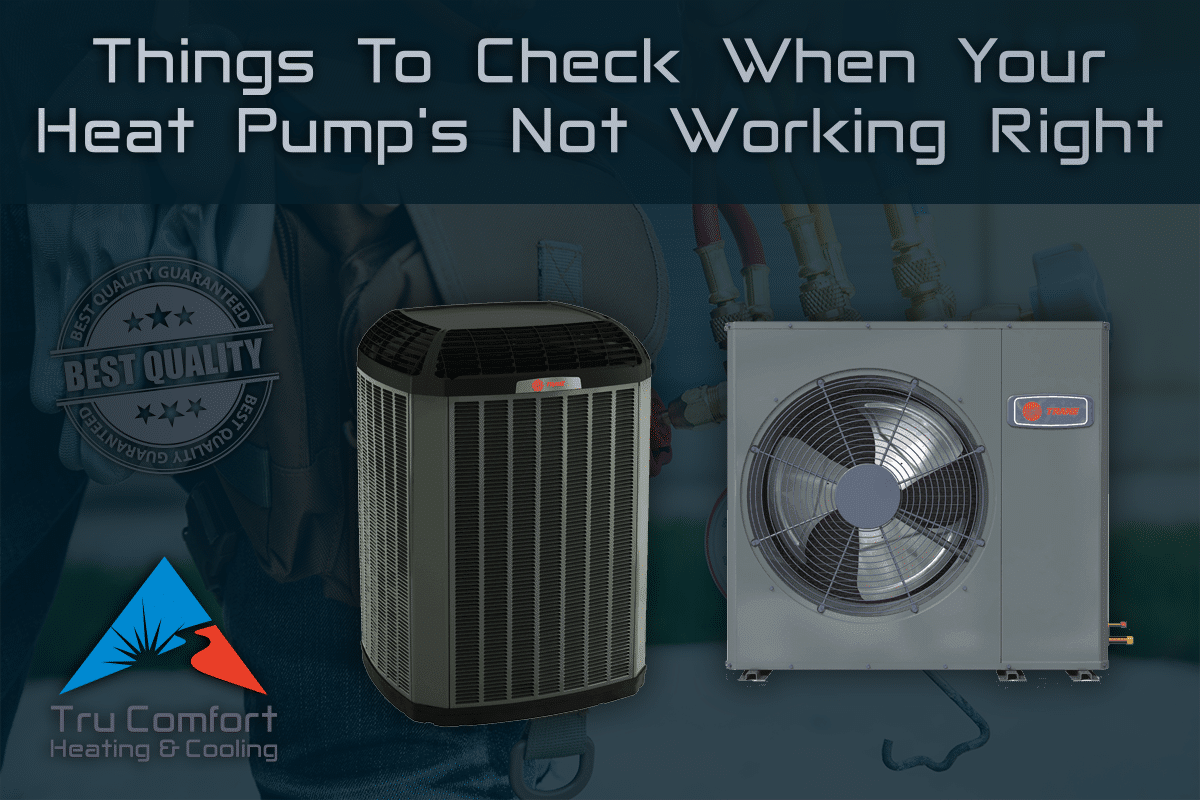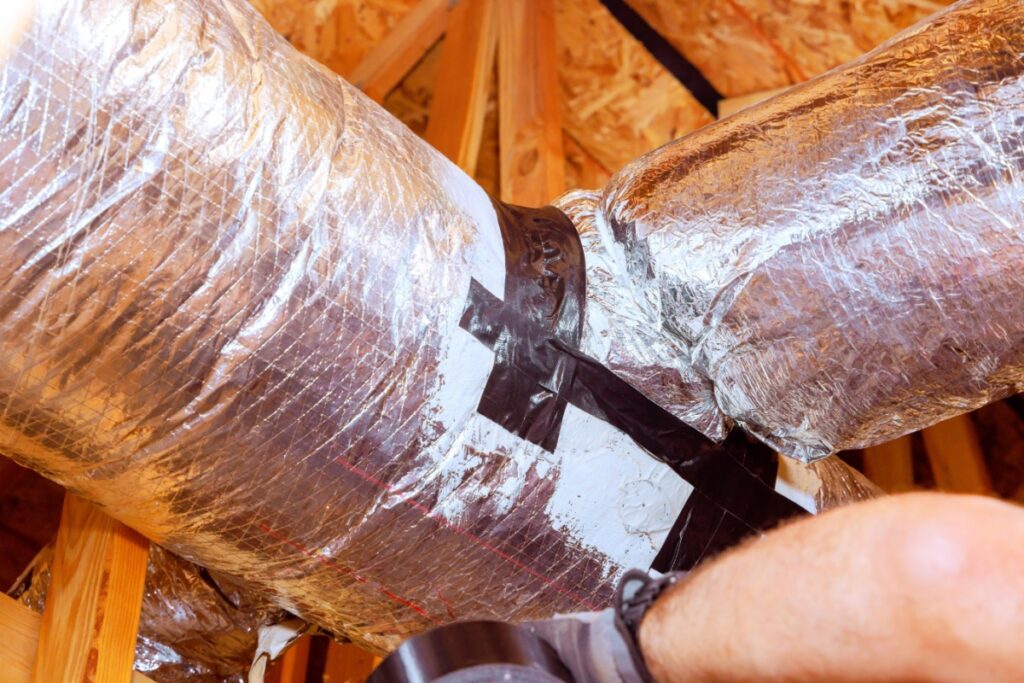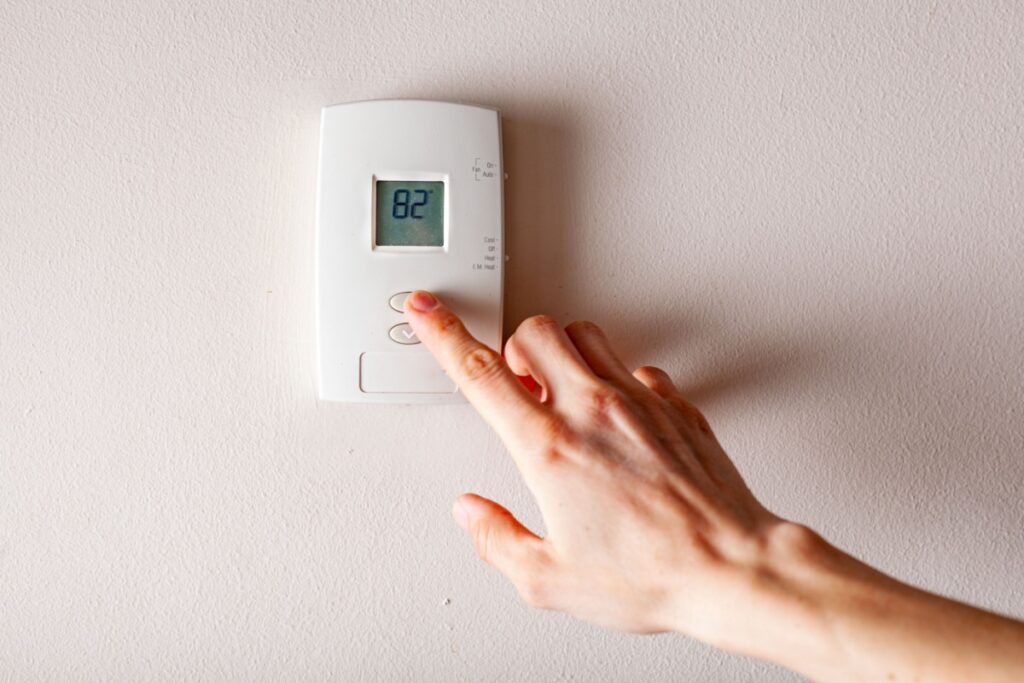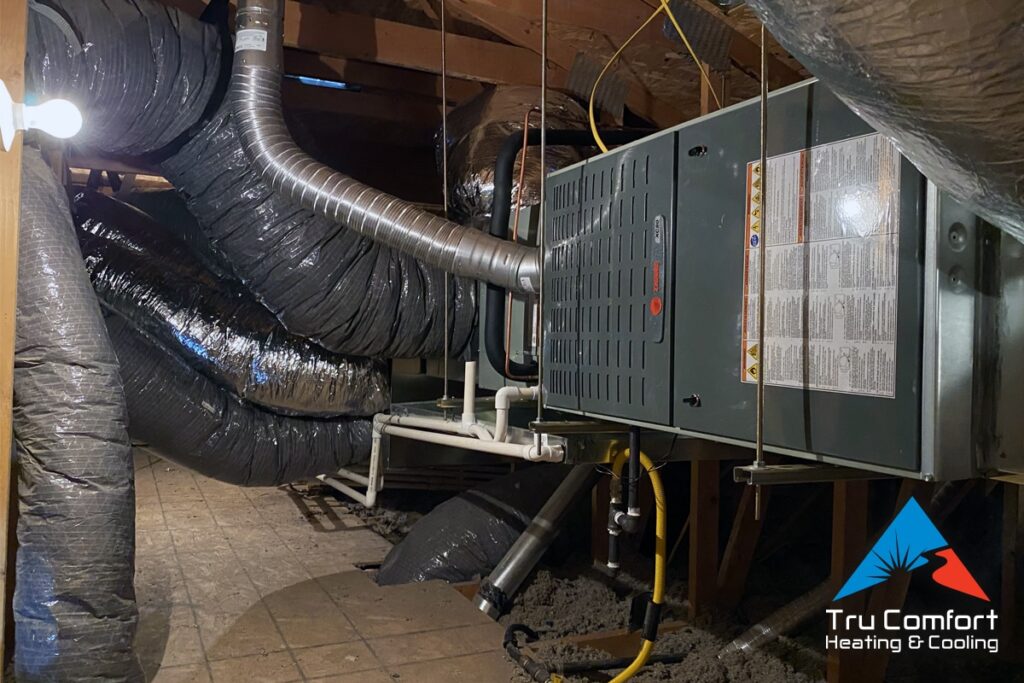Your heat pump is likely not something you think about very often. If it’s working correctly, you barely even notice it’s there. When it’s not working, though, it’s all too obvious. Being stuck in the cold without sufficient heating is more than just uncomfortable. As many know all too well, being without adequate heat for an extended period of time can be incredibly dangerous. So, to help you get your heat pump back up and running when it’s not working right, here are some things you should check on first.
Check Your Power
If your heat pump stops working because it has no power at all, the first thing you’re going to want to do is check your breaker to make sure it hasn’t tripped somehow. If your circuit breaker has tripped, getting your heat pump back on should be as simple as resetting the breaker. If that doesn’t work, you may need to check to see if you have a blown fuse, which will need a trusted contractor’s touch, or call your local power company and ask about known outages in your area.
Check Your Thermostat
Anytime any of your HVAC systems go out, but the rest of your property has power, the first place you want to look is your thermostat. Is it working? Is it set to the correct temperature? Is your thermostat old and outdated, excessively dirty/dusty, or in need of recalibration? Any one of these things can have your heat pump on the fritz.
Check Your Air Filters/Air Ducts
All HVAC systems have air filters designed to catch dust and debris from the air as it circulates throughout your property. If your air filters are too dirty, however, your airflow will suffer, and your unit will not be able to function correctly, eventually shutting down entirely. The same goes for your air ducts too. If your air ducts are leaking air through holes or loose joints, or there is too much dust, dirt, or debris, your heat pump will have to work overtime to keep your property comfortable until it wears itself out.
Check The Reversing Valve
The reversing valve on a unit helps the system switch between your heating and cooling settings seamlessly. However, when one setting works but the other doesn’t, this is often a sign your reversing valve needs repair, which is a job best left to a trained HVAC professional.
Check Your Outdoor Unit
One of the most common causes of a defective heat pump is a problem with the outdoor unit. Being constantly exposed to the elements means you can experience blockages and clogs in your coils if they get too dirty, or even have your unit freeze up entirely. A frozen outdoor unit can result from clogged ducts, a worn-out motor, a damaged fan, a faulty valve, not enough refrigerant, blatant mechanical/electrical issues, or simply a dirty filter. If you see a lot of frost or ice anywhere on or around any component of your outdoor unit, it’s typically a good indication that your unit is freezing up or already frozen and you should seek immediate repairs to avoid future costs and concerns.
For more information on how to properly check on your heat pump to maximize its efficiency and prevent serious HVAC problems or to request our assistance restoring the integrity of your heat pump, we urge you to reach out to Tru Comfort Heating and Cooling today by calling (602) 499-7855, or simply fill out the form in the sidebar.







